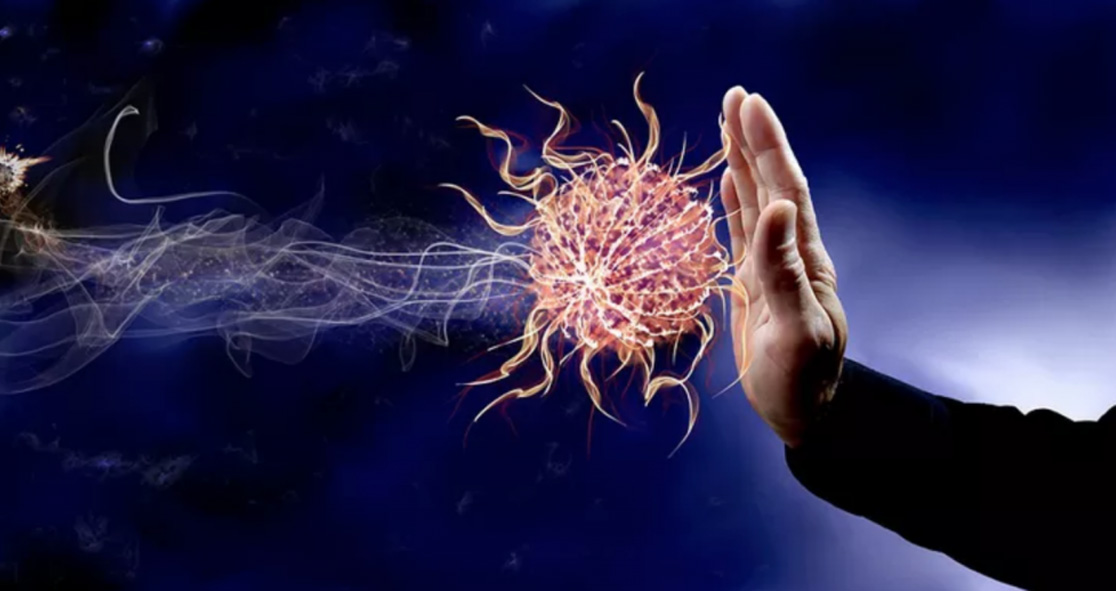Researchers of the University of North Carolina (UNC) School of Medicine have discovered a well-known human protein that can help the immune system to fight viral infections.
Dr. Stan Lemon of UNC and his colleagues found that one type of virus actually needs this human protein to infect cells and multiply, causing infection.
The study findings were published in the Proceedings of the National Academy of Sciences.
The study reveals the susceptibility of rhinoviruses, a group of picornaviruses responsible for many upper respiratory infections. The virus accounts for more than 70% of common colds, causing acute wheezing episodes. Unfortunately, we do not have effective anti-viral treatment for rhinoviruses.
Dr. Lemon said, “We found that a large proportion of these rhinoviruses, particularly the ones that cause severe disease, need a human protein called STING to make copies of its RNA.”
“We don’t know how or why; we’ll have to study this further,” he added, but our work opens the door to a new strategy for controlling infection of these pesky and at times very dangerous pathogens.”
Viruses, including the new coronavirus and dangerous ones like HIV and Ebola, infect human cells and then proliferate to cause infection. The human body develops antibodies to those viruses, some kind of defense against these invasions. And one part of that defense is called the “stimulator of interferon gene” (STING) protein.
STING has the ability to sense viruses and boost the immune response to fight them. However, rhinoviruses turn STING protein against us, using it to promote their own growth. Typically, this protein helps us defend against DNA viruses, but instead, it helps this RNA virus.
Dr. Lemon explained, “If you are immune to one, you can easily catch another. There is also no effective antiviral therapy for any of them.”
With the help of cell cultures, the researchers used experimental techniques to disable STING protein to see whether rhinoviruses infect the cells and multiply. Surprisingly, upon disabling STING, the virus failed to infect cells and its proliferation stopped. Dr. Lemon said, “It could be possible to target this protein with a small molecule in way that would benefit people with rhinoviruses, especially children and others who can become severely ill.”























